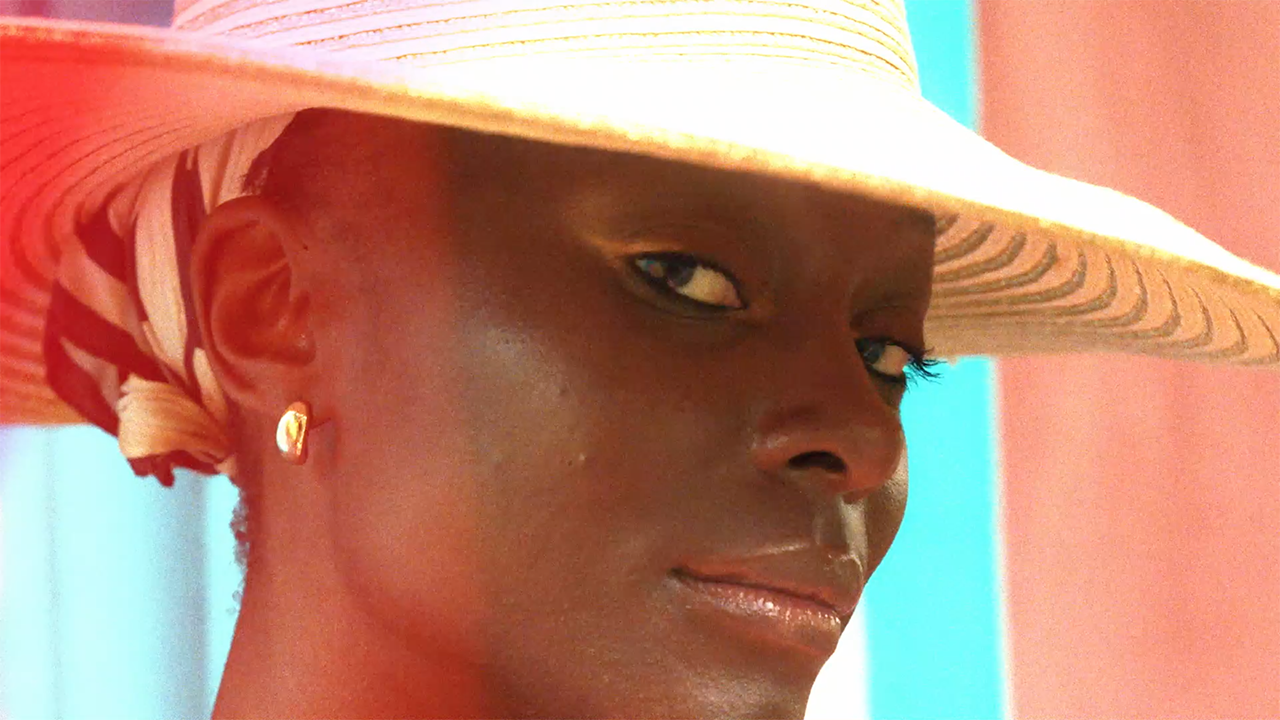
The video for the title track to Nathalie Joachim's 2024 album, Ki moun ou ye, was shot in Haiti and directed by Gessica Généus. Across the record’s ten intimate, original songs, Joachim ponders its title’s question: “Who are you?” Inspired by the remote Caribbean farmland that her family continues to call home after seven generations, Ki moun ou ye travels deeper into the Haitian heritage introduced on Joachim’s Grammy-nominated 2019 New Amsterdam release, Fanm d’Ayiti. Joachim says of the album and song title, “Creole as a language almost always has a primary, literal meaning of what’s being said plus a secondary layer of understanding, and sometimes even a tertiary level. ‘Ki moun ou ye’ can be very simply asking, ‘Who are you?’ But it also means, ‘Whose people are you?’ And it can also mean, ‘Which person are you.’” She continues, “For me, it led to, ‘Who am I actually?’ Not just on a performative level, but also as a Black person in spaces where I constantly have to code-switch. It’s a deep question. It isn’t casual.”
